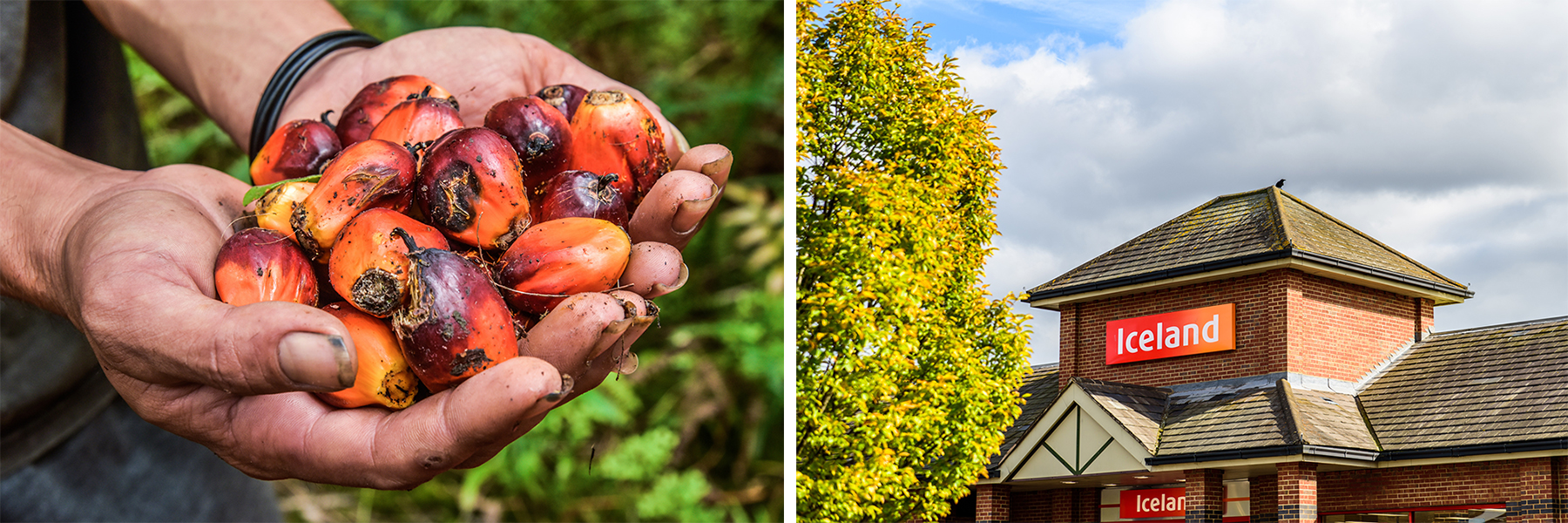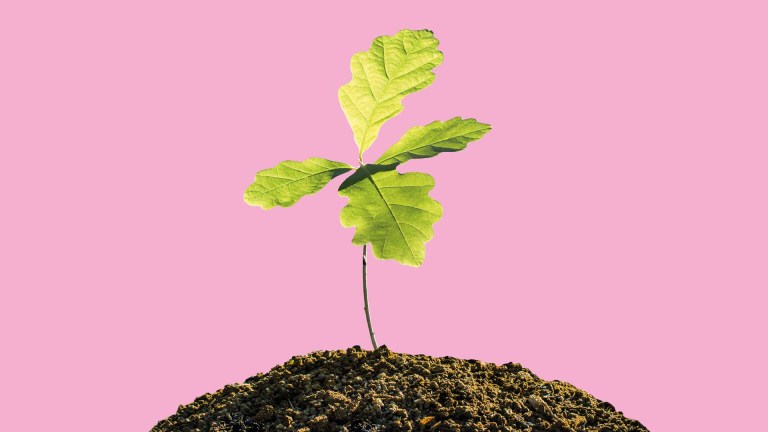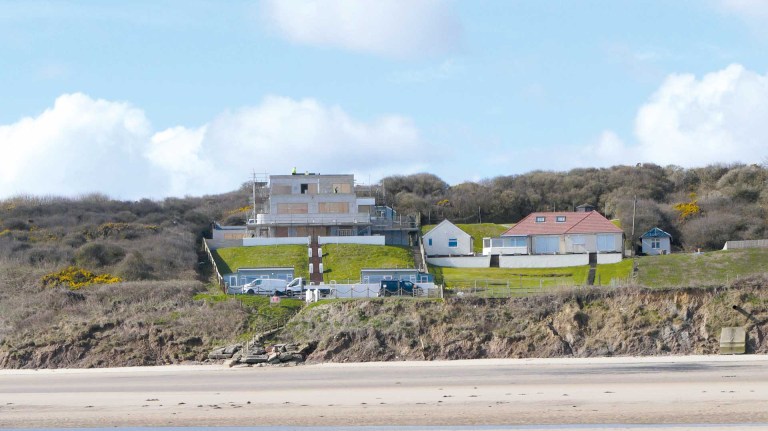Frozen food giant Iceland announced today its plans to stop the use of palm oil in all own-brand products by the end of this year. Used in more than half of its products – from biscuits to soap – the supermarket cited the oil’s devastating effects on tropical rainforests across southeast Asia.
BREAKING NEWS: We're the UK's first supermarket to commit to removing #palmoil from our own label products by the end of this year! Watch here to find out why…#PalmOilAlarmCall pic.twitter.com/hfGvH2QRDW
— Iceland Foods ❄️ (@IcelandFoods) April 10, 2018
The ban, sparked by Greenpeace campaigners and a visit to Borneo last year by managing director Richard Walker means Iceland is the first major supermarket in the UK to remove the oil from its shelves.
But is completely removing the globally ubiquitous oil from supermarket shelves the best solution? Some campaigners don’t think so.
The Roundtable on Sustainable Palm Oil (RSPO), the world’s largest palm oil certification scheme, argues Iceland’s move is not a long-term solution and does not tackle the issues at the heart of the problem.
The CEO of RSPO, Darrel Webber, said in a statement to the media: “We fully share Iceland’s concerns about the environmental impact of palm oil, but we do not agree with the solutions they are adopting. Before getting rid of palm oil, we should ask ourselves: what is the impact of the alternatives? We should let consumers know that palm trees produce 4 to 10 times more oil per hectare than any other oil crop. Therefore eliminating palm oil might lead to the use of more land with higher risks of deforestation.”










